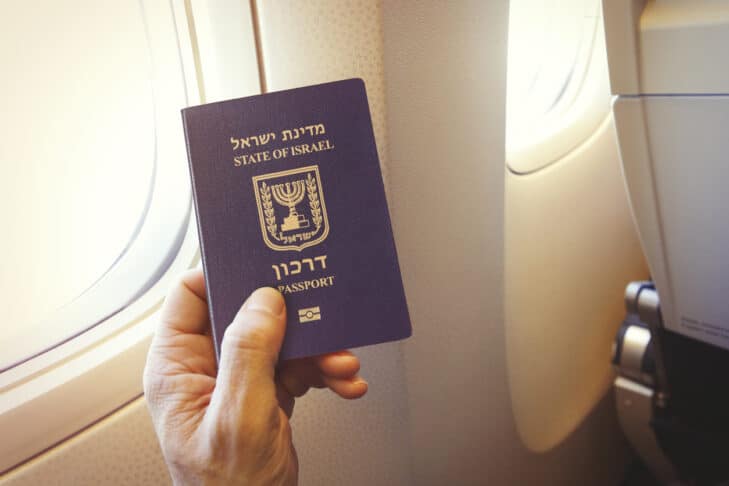I recently returned from a profound, intense, and deeply meaningful 10-day journey to Israel, with four of those days spent on a Camp Ramah solidarity mission. During this trip, discussions about college students facing the challenges of working at camps this summer amid the escalating spread of anti-Zionism and antisemitic rhetoric on campuses worldwide were prevalent.
Questions like: How do we bring these young adults to camp to work alongside Israeli staff when their experiences have been dramatically different since Oct. 7? How do Zionist camps grapple with the anti-Israel Gen Z population who make up a large portion of their staff?
The surge in antisemitic incidents globally has ignited grave concern and, since Oct. 7, it seems as though a floodgate has been opened for the unabashed expression of hatred toward Jews and Israel. Our college students are not immune to this influence; their Jewish identities and connections to Zionism and Israel are increasingly under threat. While many affirm Israel’s right to exist when questioned, labeling them as Zionists often elicits hesitance.
So, how can we effectively address this alarming trend? My answer is proactive measures. It is imperative that we bring these young adults to Israel. They need to witness firsthand the significance of the Oct. 7 massacre, a pivotal moment that will forever shape Jewish and Israeli history.
Experiencing Israel firsthand after Oct. 7 provides invaluable insights into its people and the often-confusing rhetoric of antisemitism versus anti-Zionism. College students, often in a phase of critical intellectual development, stand to benefit significantly from engaging with Israel’s diverse society and comprehending its intricate geopolitical landscape and diversity. They must develop a nuanced understanding of the challenges confronting Jewish communities worldwide and the perpetual security threats faced by Israel.
The Oct. 7 massacre serves as a reminder of the threats endured by the Jewish people. Through visits to Israel, college students can witness the resilience of a nation that has surmounted immense challenges throughout its existence. Seeing the memorial sites and hearing firsthand testimonies of survivors fosters a profound sense of empathy and solidarity with Israelis, reinforcing the imperative of combating antisemitism and anti-Zionism.
College campuses frequently serve as breeding grounds for antisemitic and anti-Zionist rhetoric and activism. By equipping students with firsthand knowledge and experiences from Israel, we empower them to effectively counter these narratives and misinformation within their academic and social spheres. Armed with a deeper understanding of the underlying issues, students can emerge as vocal advocates for tolerance, inclusivity, and the safeguarding of Jewish rights.
Reflecting on my recent visit to Israel in comparison to my trip to Poland, the contrast was striking. In Poland, we clung to the pledge of “Never Again.” However, recent events, such as Oct. 7, coupled with the ongoing surge of antisemitism, underscore the persistent reality of the threat. We cannot afford to lower our guard—both as Israelis and Jews worldwide.
We must get Jewish college students to Israel. By bearing witness to the Oct. 7 massacre, students cultivate a deeper appreciation for the trials and triumphs of the Jewish people, fortifying their commitment to combating antisemitism and the importance to Israel.
This post has been contributed by a third party. The opinions, facts and any media content are presented solely by the author, and JewishBoston assumes no responsibility for them. Want to add your voice to the conversation? Publish your own post here. MORE



